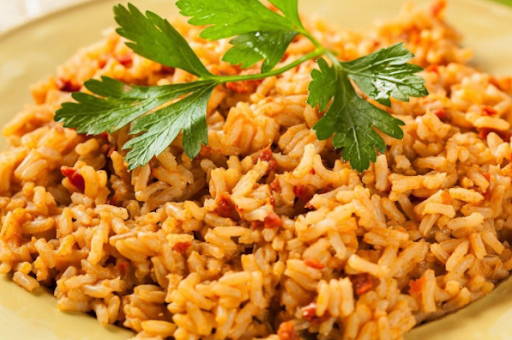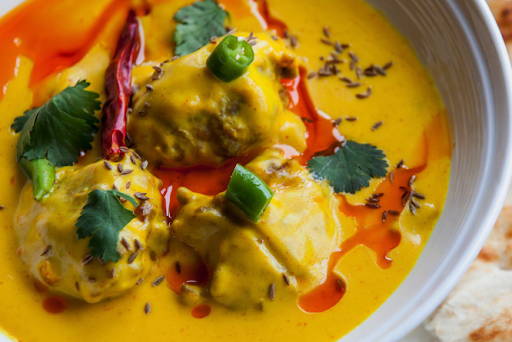Pro Athlete Diet | What should you eat?
At home and near one’s local grocery store or farmer’s market, we never struggle to find the foods we need to best support getting stronger. We can easily plan, meal-prep, and gobble down meals to maintain the nutrients, both micro and macro, we need to function as strength athletes. Now when traveling, things can get a little dicey. Being at an event on the other side of the globe while competing against the toughest competition the world has to offer on the biggest stage media outlets will cover is quite a different story. Munching the molars on the best foods for strength athletes can be slightly more challenging.
Thankfully we know what to look for when traveling across the world to compete at the biggest collection of sports competitions in the world in which various nations come together for competitive glory.
5. Rice
Every athlete can chow down and benefit from eating rice. We can eat white rice, Spanish rice, brown rice, or just about any other type of rice. Rice is good because it is easy to digest, giving easy access to energy. It also mixes well with a lot of foods to add decent, positive flavor.

Rice is also easy to pack and take when on the go. We see a lot of athletes in a rush going to training sessions end up packing rice in a large container to eat up those added calories throughout the day. One to two full cups of uncooked rice gets athletes around 700-1000 calories which will help replenish glycogen. Doing that once or twice a day gives the body a large number of carbohydrates to feel nice and energized. It also goes a long way for bigger-bodied athletes.
4. Eggs
This one may be a little controversial of a suggestion. Some people may be allergic--find a replacement like a simple protein powder. We have seen a lot of international strength athletes pile eggs on their plates.

Eggs have whole fat, a large amount of Vitamin A, Vitamin E (pasture-raised), and they help people feel satiated. Eggs can even be mixed with rice. And because there are 6 to 8 grams of protein per egg, they help from a recovery perspective.
3. Curry
This one is a little bit different, but the anti-inflammatory properties of curry are legit. Curry can put on the rice. The curry is liked because there is turmeric in it that is a compound that is anti-inflammatory. The best part is it adds some excellent flavor.

There are different types of curries as well, just all of them having similar compounds that add flavor and adding the anti-inflammatory aspects that can help with hard and heavy training, at least in theory.
2. Fish Meat
We recommend tuna or smoked salmon. Raw smoked salmon, especially if one likes fish meat, and it is sourced from a good place, the fish meat gives the body a ton of protein. Giving the body a ton of protein through the lean protein fish meat delivers. This helps the body recover and provides that lean, balanced diet.

1. Caffeine
We have a drink called the red-eye. The red-eye is two shots of espresso with a cup of coffee on top of it. We add some creamer on top of that as well to add some more flavor. Caffeine in general is good for strength athletes. Caffeine is ingested through drinking coffee or some other liquid concoction, like an espresso or a red-eye.
Strength athletes need to have caffeine to help them focus. Strength athletes need to focus on power output, tolerating a little bit of discomfort, and igniting the nervous system as rapidly as possible. That is exactly what caffeine helps the body do, improving an athlete’s mental acuity and positively impact performance.
Recap
We got rice for carbohydrates, eggs for fat and protein, curry for the anti-inflammatory aspect (and flavor), fish meat such as tuna or salmon for lean protein, and finally caffeine to be more alert and energetic. Use these five key foods to improve training as a strength athlete.
DANE MILLER
Dane Miller is the owner and founder of Garage Strength Sports Performance. He works with a select handful of clients on building comprehensive programs for fitness and nutrition. Several times a year he leads a workshop for coaches, trainers, and fitness enthusiasts.

